
My First Pride Shabbat: Wandering Into A Rainbow Oasis
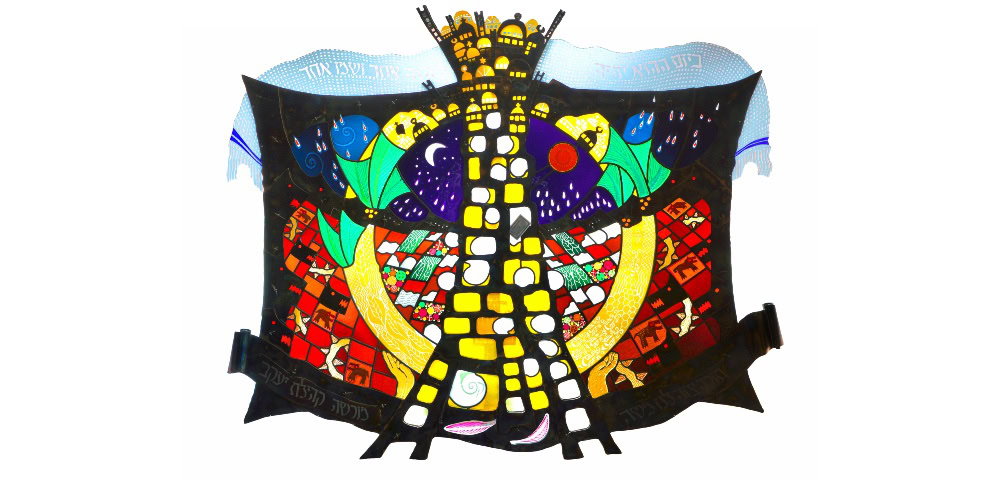
I have never been to a Shabbat service. Like Midsumma, I used to think it wasn’t for me. It didn’t stop me from knowing that I was Queer or a Jew, but I didn’t want to feel out of place in either part of my own identity, so I kept to myself.
At 19 I dropped a friend off at a lesbian bar. Before I could leave, one locked me in her gorgeous wing-lined gaze and declared that if I was a lesbian, I’d be a lipstick lesbian, and I’d get eaten alive.
I didn’t know what she meant. It sounded incredible. But I didn’t wear makeup and I couldn’t be a lesbian if I liked sad boys with long hair. (No need to laugh, she did it for you, so devastatingly beautiful I was too distracted to be embarrassed). I bought my first red lipstick.
An Orange
At 25, that same friend asked me to come to their partner’s Passover Seder. I was nervous; I didn’t know how to be someone’s Jewish Security Blanket, but I went.
I still have the Haggadah (the text of service). Stapled in the corner like a school worksheet, collated photocopies of blessings, essays and sheet music. An acknowledgement of country in the front, an article on exodus reflecting on stories coming out of Manus Island, of stolen land, of uncertain home.
And then, on page 8: an illustrated Seder Plate, all the usual symbolic foods, and there, unfamiliar, an orange? Over the next four pages, I learned why it was there. Over the next seven years, I have learned why I am here.
An orange is segmented, representing the various intersectional identities “who sometimes feel marginalised in the Jewish community”, united in the whole fruit of collective Judaism.

Repudiating Homophobia
Professor Heschel, the originator of the relatively new tradition, says that when we share the “sweet and juicy” orange, “we spit out the seeds to repudiate homophobia and we recognize that in a whole orange, each segment sticks together.” Ever since I have wanted to be a segment of that orange. To feel united in my shared other-otherness.
So, at 32, and despite my ever-present nervousness, I accepted an invitation to celebrate the Pride Shabbat service at Temple Beth Israel (TBI). The last time I was in their congregation I was 2 weeks old, at my parents’ wedding. In 2013 TBI hosted the first ever LGBTQIA+ Jewish commitment ceremony performed in Victoria, and followed it in 2014 with the first Pride Shabbat.
Like the few Queer parties I’ve awkwardly attended, they’re singing before I step through the door. Even though I don’t know the words, it’s not long before I’m singing along—the joy is infectious, it’s impossible not to.
The congregation is a mixture of regulars and guests including Aleph Melbourne, a small delegation from Acceptance Melbourne, the Catholic LGBTIQ+ non-profit.
Prayer, Song And Introspection
It’s a formal occasion full of prayer, song and introspection, but also a welcoming and accepting one, full of colour from TBI’s famous stained-glass windows and the congregation themselves, dressed in bright colours and bedecked in rainbows.
While children walked the aisles munching on strawberries and crinkly-packeted snacks the people around me offered gentle help every time I lost my place, distracted, staring in awe at the vibrant community that surrounded me. A colourful Venn diagram, two parts of myself I can no longer hide from, welcoming me with open arms.
The only actual hurdle to entry is the confronting but necessary visitor’s form used to ensure the safety of two communities that have both suffered escalating threats. In reflecting on the year passed since the last Pride Shabbat, Rabbi Gary Robuck takes a solemn moment to remember the tragic mass shooting at Club Q in Colorado in November 2022.
Reading the names of the victims one by one, just as he does every week for members of his congregation who have passed away before the Kaddish, the prayer of mourning. This community is an extended and extending one, with love, protection and grief to spare for those lost to senseless hatred.
‘Jews And Gays Know What It Feels Like To Be Excluded’

For those discriminated against, facing persecution and suffering from systems of oppression. Readings throughout the night also include acknowledgements of country, calls of support for the referendum on the Voice and reminders of our duty as Jews to support and uphold First Nations representation.
None more passionate than during the Drash (exegesis) by beloved congregant David Imber, Deputy Chair and Board Director of the Victorian Pride Centre. “Jews and gays know what it feels like to be excluded and othered. Which is why I feel strongly that we have an obligation to lift our voice in support of justice where our voices are needed.”
In his discussion of the exodus “the story of the Jews coming out! Of Egypt!” Mr Imber speaks passionately about celebration, self-discovery and the path to community, all wrapped in the “quite camp” story of “passion and drama”.
Likening 40 years wandering in the desert to the indirect path many of us in the Queer community take towards finding our people. It strikes me here that this is not the first time that acknowledgements have been made of the tragedy that is rejection from a place once known to be safe.
To be Better
Board member Judge Kevin Bell had also spoken earlier in the night about the terrible reality of families ripped apart by homophobia, sometimes compounded by religion. I didn’t expect to see such blunt acknowledgements of hardship and pain, but it’s also profoundly Jewish, to me – this acknowledgement of failure as fuel on the fire to do better, to be better.
As so many of our stories do, the Drash moves onwards through sadness into joy, in finding community, in Tikkun Olam, the Jewish principle of ‘repair of the world’, in music and in faith. “For we all have a chance, indeed a responsibility, to do more than hope for divine intervention. We can create communities of warmth, of inclusion and of welcome wherever we go.”
To take two spaces where I’d once felt so out-of-place and make them welcoming is a feat, but in a climate of homophobia, racism and antisemitism, TBI is a haven, a place that acknowledges the stories, both sad and joyful, of our communities, and celebrates how much we can learn from each other to make our world, and the world around us, better, more inclusive, and full of song.




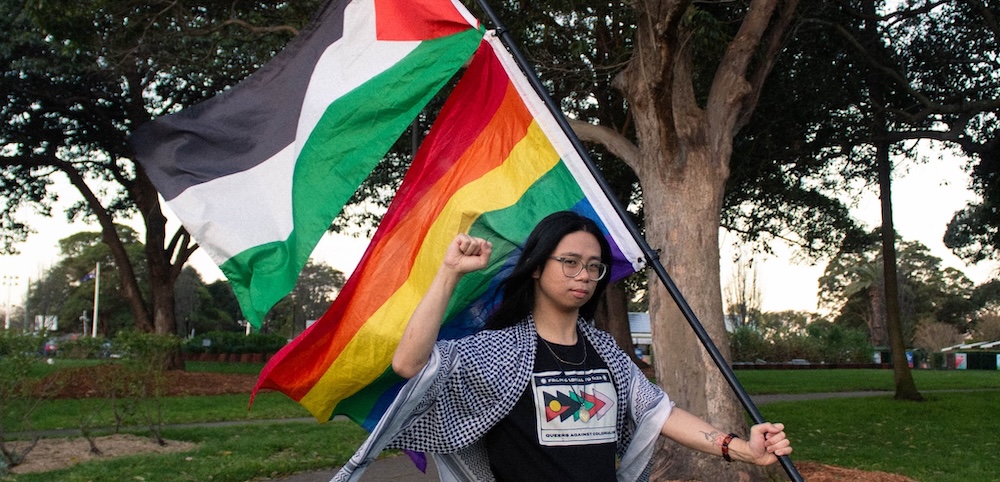
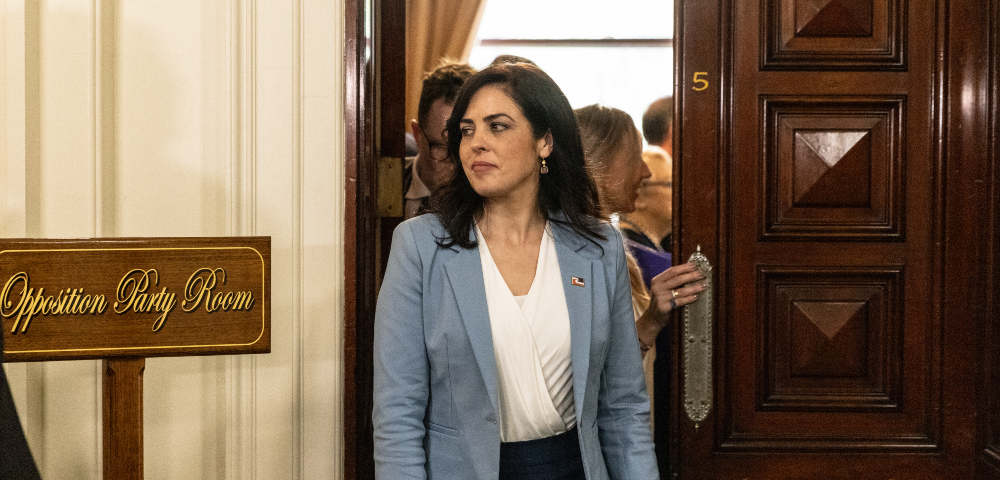
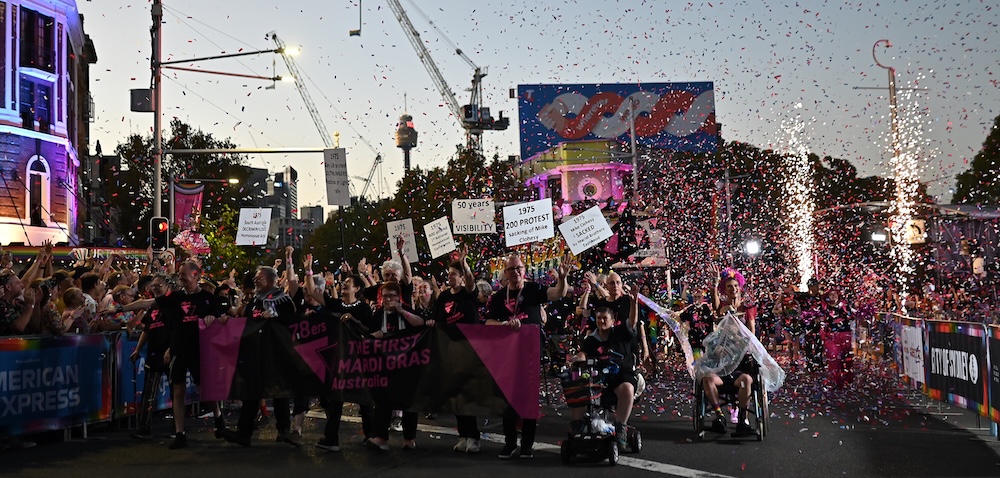
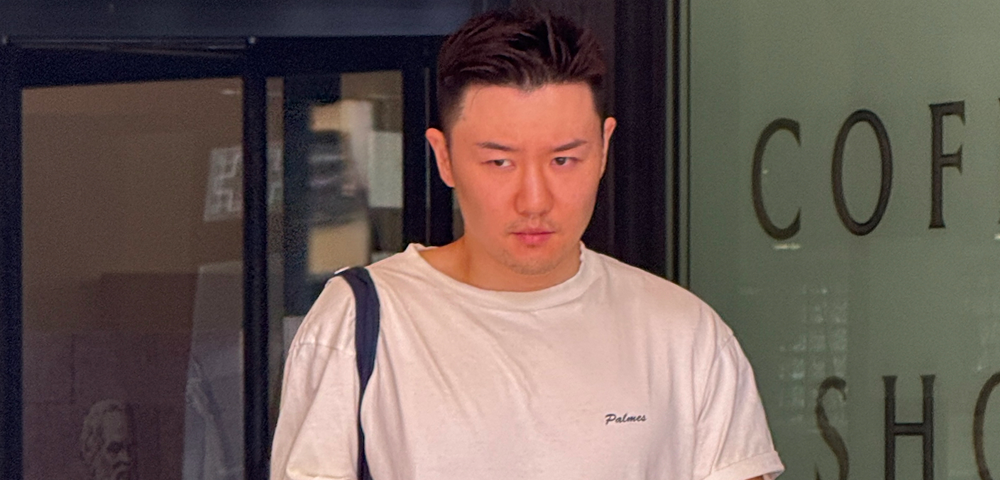
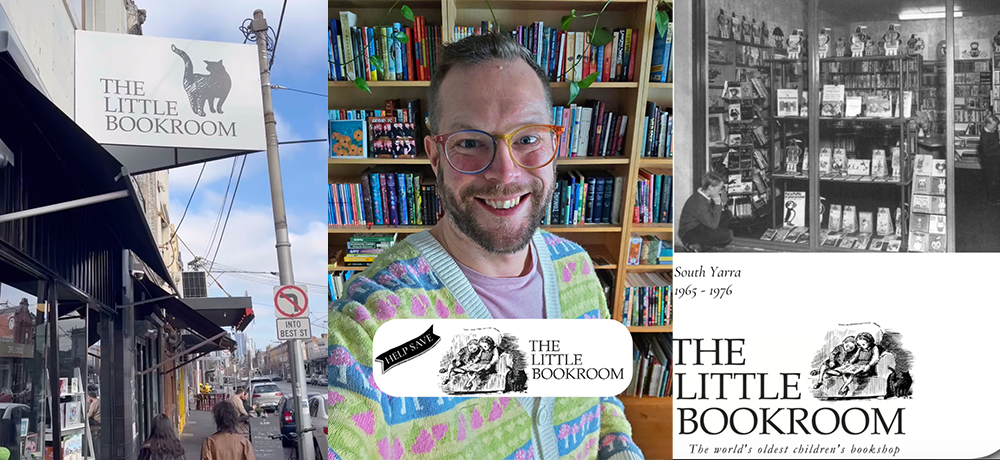

Wow, it’s rare to get coverage of religious/cultural topics within queer media. I hope this article helps to repair the relationship between our two communities through empathy and understanding. <3